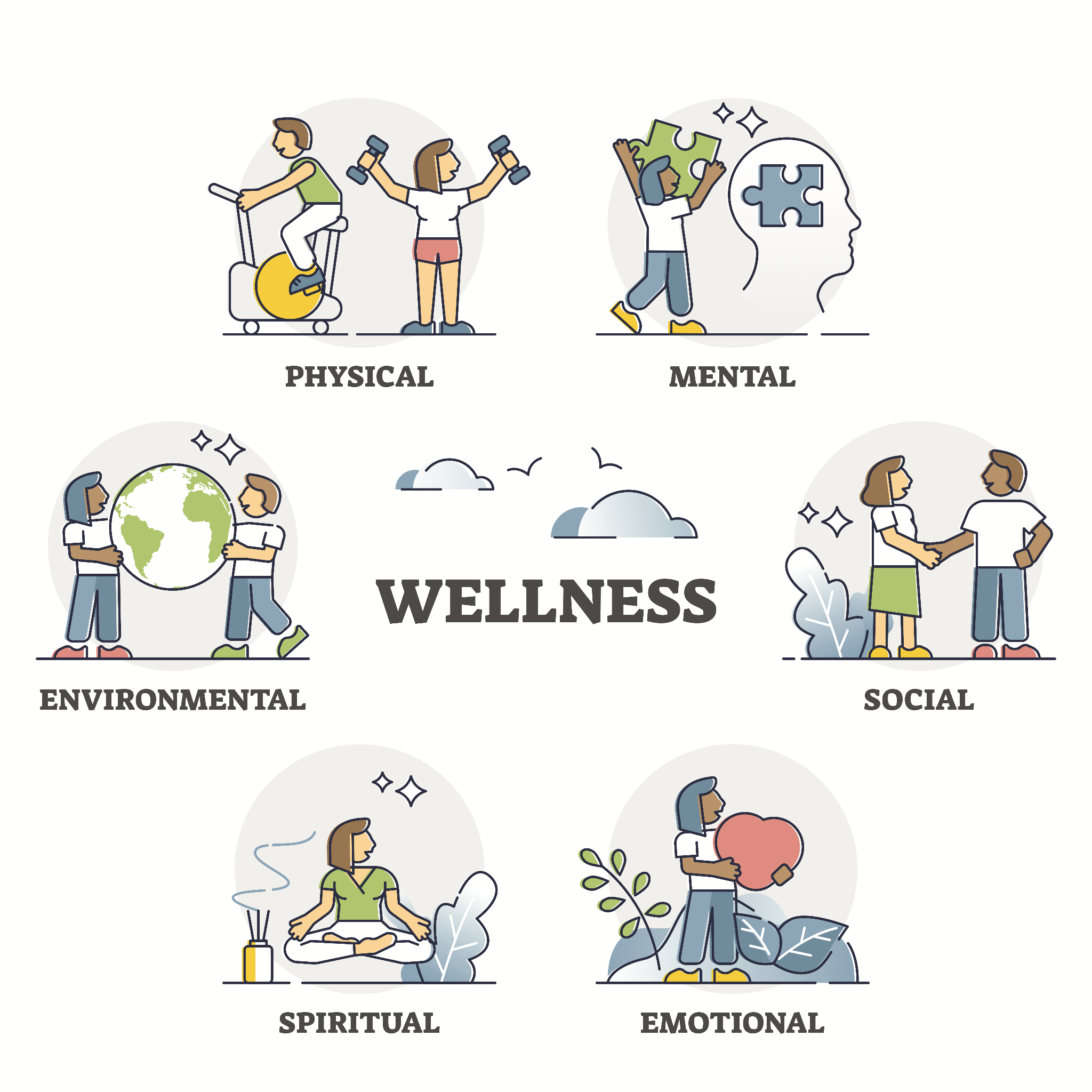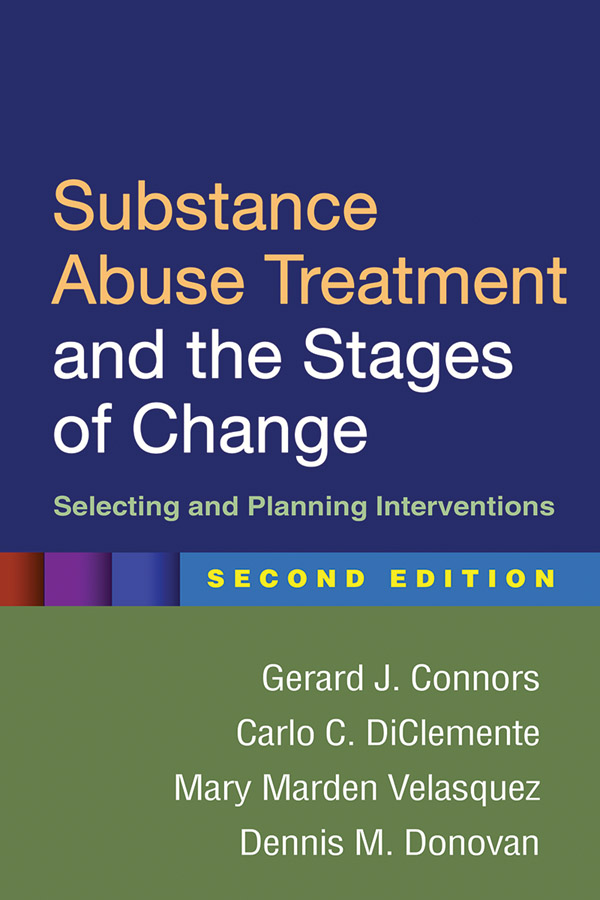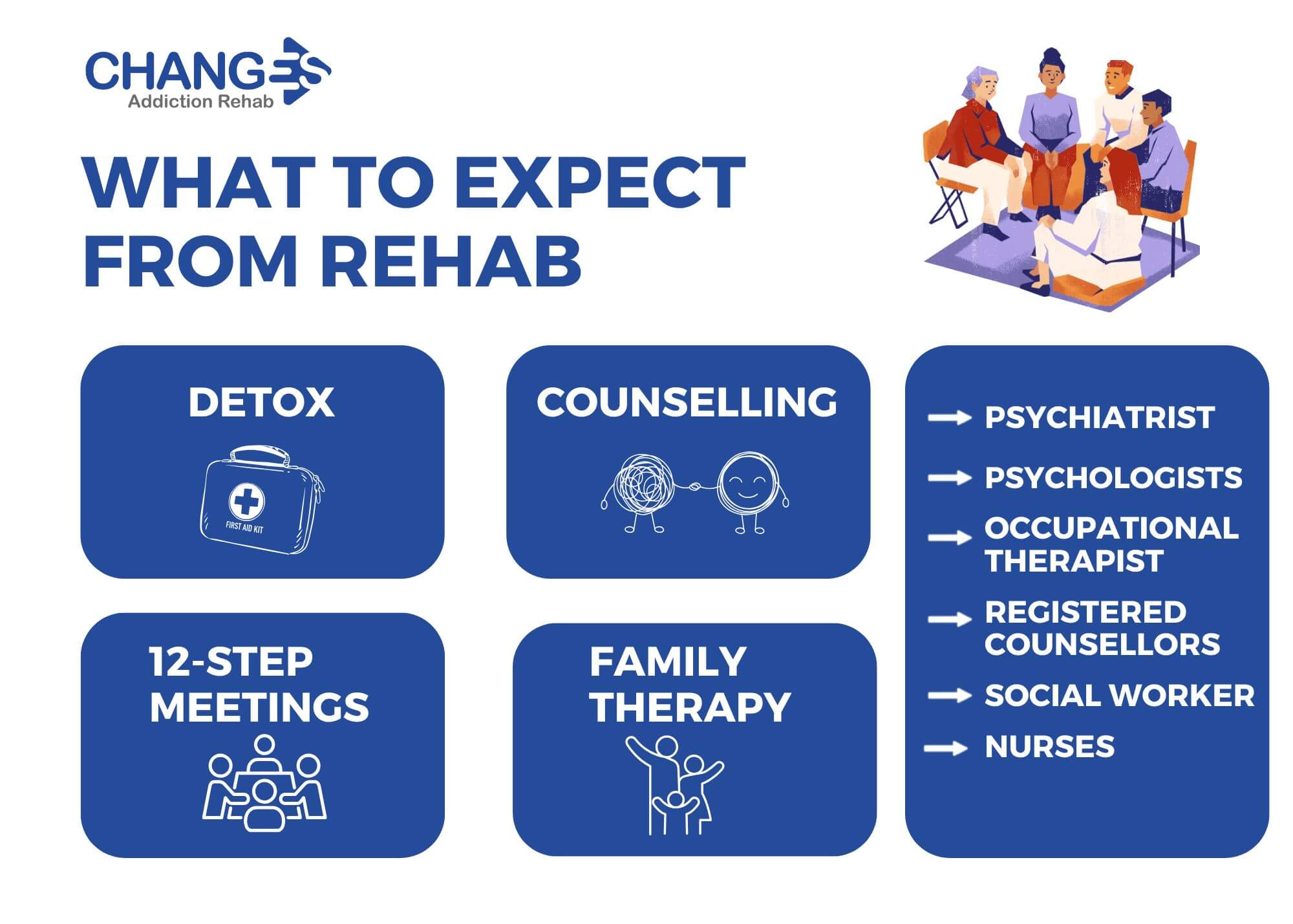A Comprehensive Guide to Substance Abuse Rehab
Substance Abuse rehabilitation, commonly described as rehabilitation, is a structured process designed to help people get over reliance on drugs, alcohol, or various other addicting substances. It is not merely concerning detoxification-- it is a trip of mental, psychological, and physical improvement. Rehab centers offer secure environments where people can confront the origin of their addiction, address mental triggers, and learn dealing systems to sustain long-term sobriety. This procedure is guided by qualified experts, consisting of specialists, clinical doctors, and counselors who comprehend the intricate nature of addiction as both a physical and behavior problem.
Recognizing the Core of Substance Abuse Abuse Rehab
At its core, rehab has to do with rebuilding a person's life. Addiction usually leaves deep marks-- stretched relationships, economic distress, health issue, and mental illness. Through extensive rehab programs, people are provided the devices to fix these elements progressively. Rehab isn't just concerning avoiding materials; it's about reclaiming control and finding one's feeling of self-regard. The programs stress framework, uniformity, and personal liability, which are essential to lasting healing success. Every little turning point throughout rehabilitation functions as a structure for lasting soberness.
Substance Abuse Abuse rehabilitation is not a one-size-fits-all technique. It recognizes that each person's dependency tale is one-of-a-kind-- what caused Substance Abuse abuse, just how it proceeded, and exactly how recovery can be continual differ extensively. Consequently, therapy centers tailor care plans based on specific analyses, ensuring that every person receives assistance that straightens with their emotional state, dependency history, and life conditions. This individualized approach substantially improves healing outcomes and assists protect against regression once individuals rehabilitate right into daily life.
The Benefits of Inpatient Rehabilitation Programs
Inpatient rehabilitation, likewise understood as property treatment, offers one of the most effective approaches for those fighting serious Substance Abuse addiction. Among its main benefits is the distraction-free and organized environment. When an individual enters an inpatient center, they are temporarily gotten rid of from outside triggers-- such as pals who make use of compounds, difficult work environments, or family conflicts-- that might impede their healing. This isolation from negative impacts enables individuals to concentrate entirely on healing. Living within a monitored and encouraging setup creates the security required to damage old behaviors and create much healthier patterns of habits.
An additional significant advantage of inpatient rehab is the 24/7 specialist supervision readily available to each patient. Withdrawal signs and symptoms from medications or alcohol can be unpredictable and, sometimes, deadly. Inpatient facilities have medical groups that provide round-the-clock treatment, guaranteeing clients are comfy and secure during detoxification. Past physical health, continual supervision additionally uses emotional reassurance-- patients know that assistance is offered at any kind of time, which reduces stress and anxiety and builds count on the recuperation procedure. This prompt access to mental and medical assistance dramatically improves the success price compared to outpatient take care of severe dependencies.
Inpatient rehab programs promote a strong sense of community and responsibility. Individuals interact with others who share similar struggles, take part in team treatment, and engage in tasks that encourage synergy and empathy. This environment nurtures good understanding and minimizes sensations of isolation commonly associated with addiction. By linking with peers and discovering from their experiences, individuals develop social bonds that proceed to sustain them also after leaving the center. This feeling of belonging, integrated with regular specialist guidance, makes inpatient rehab a very effective structure for sustainable healing.
Inpatient Rehabilitation Providers Supplied
Inpatient rehab centers use a diverse series of solutions made to treat the body, mind, and spirit all at once. The very first stage commonly involves medical cleansing, a procedure that securely gets rid of compounds from the body while taking care of withdrawal signs. Detox is supervised by medical professionals who may provide medicine to reduce pain and prevent issues. Individuals transition to organized everyday programs that include therapy, health, and therapy tasks as soon as detoxification is full. This integrated method ensures that clients not just conquer physical dependancy but likewise address emotional and psychological facets of addiction.
Therapeutic services are at the heart of inpatient rehabilitation. Facilities offer individual treatment sessions, where people function individually with certified specialists to discover the underlying root causes of their dependency-- such as trauma, mental health and wellness conditions, or unsolved emotional discomfort. Cognitive-behavioral treatment (CBT), dialectical behavior modification (DBT), and inspirational talking to are among one of the most common evidence-based approaches made use of. On top of that, group treatment sessions give an encouraging space for patients to share experiences, gain perspective, and establish interpersonal abilities. Family treatment is also frequently consisted of, helping to rebuild count on and enhance interaction in between people and their liked ones.
Past standard therapy, many inpatient programs consist of leisure and holistic solutions to promote general health - rehab near Chester NJ. Yoga exercise, reflection, art therapy, and fitness programs help in reducing stress and show mindfulness. Nutritional therapy makes certain that individuals rebuild physical health, as Substance Abuse frequently diminishes the body's vital nutrients. Some rehabilitation focuses even provide vocational training and instructional workshops why not look here to assist patients prepare for reintegration right into society. These varied solutions are designed to heal the whole individual-- not simply treat dependency signs-- by fostering balance, strength, and objective
Why You Need To Take Into Consideration Outpatient Programs
While inpatient rehab provides a intensive and immersive method, outpatient programs give a choice that permits flexibility for people that can not dedicate to permanent residential therapy. Outpatient rehabilitation makes it possible you could try here for individuals to get organized therapy and clinical support while keeping their daily obligations-- such as job, school, or household care. For many individuals with mild to modest dependency, outpatient treatment provides the perfect balance in between recuperation and everyday life. It allows clients to exercise the coping skills they find out in real-world atmospheres, strengthening their durability in the face of daily difficulties.
One more reason to think about outpatient programs is their cost-effectiveness. Inpatient treatment can be expensive because of accommodation, dishes, and 24-hour supervision, which may not be financially possible for everyone. Outpatient programs, nonetheless, usually cost much less since they do not need property remains. Many facilities provide sliding-scale payment options or accept insurance policy to make therapy accessible. For those who have actually already finished inpatient rehabilitation, transitioning right into an outpatient program acts as a useful continuum of treatment, helping maintain liability and stop relapse via continuous support.
Additionally, outpatient programs offer a high degree of modification. Individuals can select between partial hospitalization programs (PHP), intensive outpatient programs (IOP), or conventional outpatient care, depending on their degree of requirement. Each option supplies differing degrees of framework and time dedication. IOPs typically include a number of treatment sessions per week, while standard outpatient care may consist of weekly counseling visits. This flexibility guarantees that individuals can obtain specialist assistance tailored to their recovery phase, making outpatient programs a functional and equipping choice for long-lasting recovery upkeep.

Discovering Other Treatment Choices in Substance Abuse Abuse Recovery
Past inpatient and outpatient rehab, there are several other treatment options readily available for individuals seeking healing from Substance Abuse addiction (dual diagnosis rehab NJ). Medication-assisted therapy (MAT) is one Get the facts such approach, incorporating prescribed drugs with behavioral therapy to handle withdrawal signs and minimize cravings. Medications like naltrexone, buprenorphine, or methadone are often utilized in opioid addiction treatment, while acamprosate or disulfiram might sustain alcohol recovery. MAT assists maintain mind chemistry, enabling individuals to concentrate on therapy and way of living modifications without the overwhelming discomfort of withdrawal

Different therapies are also ending up being increasingly popular basically Abuse treatment. These may include alternative techniques like acupuncture, horse therapy, adventure-based therapy, and spiritual healing programs. While these methods may not change standard therapy, they can match it by enhancing emotional law, self-awareness, and self-confidence. The goal of discovering different treatment alternatives is to produce a healing strategy that resonates with each person's values, beliefs, and way of living. An individualized combination of therapies often produces the most lasting results, empowering people to live a fulfilling, substance-free life.
The Course to Long-Term Sobriety and Recovery
Completing rehab-- whether inpatient or outpatient-- is just the start of a lifelong recovery trip. Aftercare programs play a crucial duty in maintaining soberness and stopping relapse. These programs might include continuous therapy, support system like Narcotics Anonymous or Twelve Step Programs, and sober living arrangements that give ongoing framework. Consistency and community are essential; people that stay linked to healing networks are most likely to maintain long-term progression. Rehab instructs the necessary coping abilities, but aftercare makes sure that those skills are applied and reinforced in real-life scenarios.
Lasting recuperation likewise depends upon way of living adjustments that sustain mental and physical wellness. Developing healthy and balanced behaviors-- such as regular workout, well balanced nourishment, and mindfulness techniques-- helps bring back equilibrium to the body and mind. Engaging in deliberate activities like offering, pursuing leisure activities, or reconnecting with enjoyed ones can fill the emotional gap left by Substance Abuse usage. Focusing and developing a favorable mindset on future goals offer recuperating people a restored feeling of identity and instructions. Sobriety is not about starvation; it has to do with redeeming life's splendor and chances.

With extensive rehab programs, people are provided the devices to fix these aspects gradually. Inpatient rehabilitation programs cultivate a strong feeling of neighborhood and accountability. While inpatient rehab offers a intensive and immersive approach, outpatient programs give a choice that allows adaptability for individuals that can not dedicate to permanent property therapy. Outpatient rehabilitation allows individuals to receive structured treatment and clinical support while keeping their everyday obligations-- such as family, job, or college treatment. Past inpatient and outpatient rehab, there are a number of other therapy choices readily available for individuals seeking recuperation from Substance Abuse dependency.